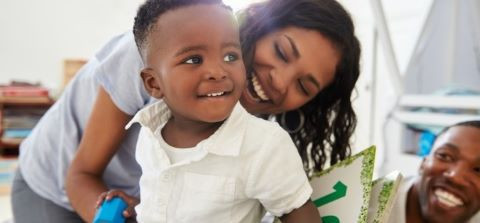
GCED Basic Search Form
Quick Search
You are here
Events

The active participation of parents, guardians and the larger community in a child’s learning and wider development has a significant impact on their cognitive and social-emotional skills. These ‘soft skills’ can be further nurtured in non-traditional learning spaces, such as libraries, faith institutions, community centres and in the home.
To further explore these ideas, the UNESCO Institute for Lifelong Learning (UIL) together with the World Bank will host a session on ‘Family learning and regulatory frameworks for innovative learning practices’ on Monday, 14 November 2022, as part of the UNESCO World Conference on Early Childhood Care and Education, which is taking place in Tashkent, Republic of Uzbekistan.
The session will demonstrate how family and intergenerational literacy and learning (FILL) and community education approaches can strengthen the active engagement of parents and guardians in their children’s education, foster home and community environments that are conducive to learning, and promote collaboration among various stakeholders. The session will highlight how supportive regulatory frameworks and incentive mechanisms for parents/guardians, state and non-state early childhood care and education providers are key enablers that influence the extent of parental and community engagement.
Session participants will share evidence and provide examples of promising practices and lessons learned in the application of specific tools and methods for driving innovative learning practices and spaces to enable quality early childhood care and education programmes.
URL:
